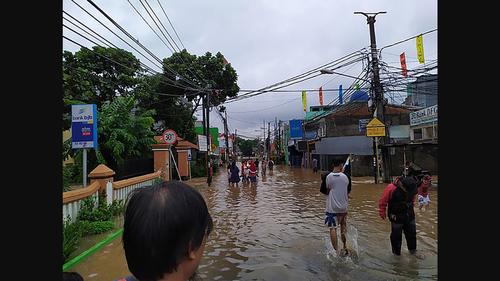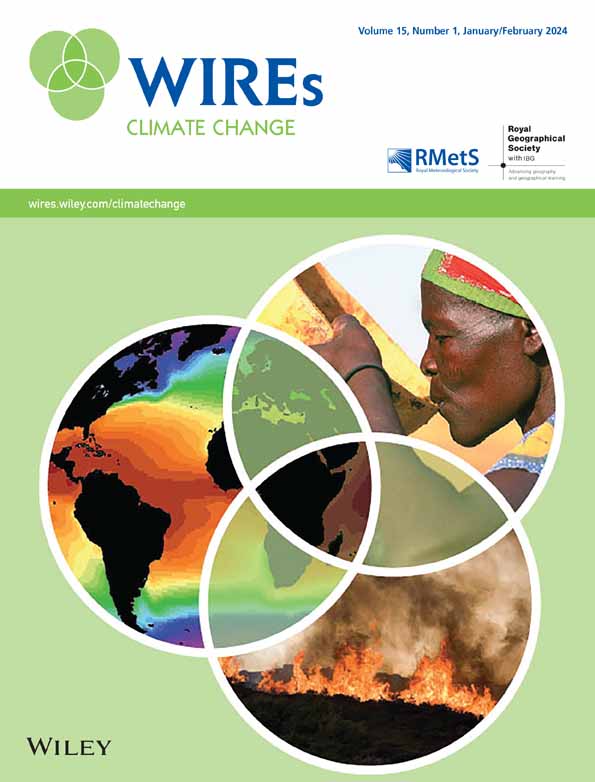气候赔偿:为什么污染者付钱的原则既不公平也不合理
IF 10.3
1区 环境科学与生态学
Q1 ENVIRONMENTAL STUDIES
引用次数: 0
摘要
污染者付费原则(PPP)是一种补偿原则。它认为,由于一些国家在历史上对全球变暖的贡献大于其他国家,这些国家现在有后续责任采取更多措施应对气候变化。然而,在气候正义的辩论中,PPP常常因为两个原因而被拒绝。首先,反对意见认为,由于前人的行为,它错误地加重了现代人的负担。这就是不公平的反对。第二种反对意见是,早期的污染者并没有意识到他们所造成的危害,因此不应该被追究责任。这是可原谅的无知的反对意见。在这篇评论中,我为PPP辩护,反对这两个反对意见。这个简短反思的目的不是为PPP提供充分的理由,也不是回应所有反对它的反对意见。我的更有限但我希望更重要的目标是表明,PPP既不是立即不公平(让无辜的一方付出代价),也不是立即不合理(让可以原谅的无知的一方付出代价),正如人们普遍指出的那样,因此值得作为气候正义原则进一步考虑。本文章由计算机程序翻译,如有差异,请以英文原文为准。

Climate reparations: Why the polluter pays principle is neither unfair nor unreasonable
The polluter pays principle (PPP) has the form of a reparative principle. It holds that since some countries have historically contributed more to global warming than others, these countries have the follow‐up responsibility now to do more to address climate change. Yet in the climate justice debate, PPP is often rejected for two reasons. First, so the objection goes, it wrongly burdens present‐day individuals because the actions of their predecessors. This is the unfairness objection. The second objection is that early polluters were not aware of the harm that they were doing, and so ought not to be held culpable. This is the objection from excusable ignorance. In this commentary, I defend PPP against these two objections. The aim of this short reflection is not to provide a full justification of PPP, or to respond to all objections that have been made against it. My more limited but, I hope, important goal is to show that PPP is neither immediately unfair (in making innocent parties pay) nor immediately unreasonable (in making excusably ignorant parties pay) as is commonly noted, and is therefore worthy of further consideration as a principle of climate justice.
求助全文
通过发布文献求助,成功后即可免费获取论文全文。
去求助
来源期刊

Wiley Interdisciplinary Reviews: Climate Change
METEOROLOGY & ATMOSPHERIC SCIENCES-
CiteScore
20.00
自引率
2.20%
发文量
58
审稿时长
>12 weeks
期刊介绍:
WIREs Climate Change serves as a distinctive platform for delving into current and emerging knowledge across various disciplines contributing to the understanding of climate change. This includes environmental history, humanities, physical and life sciences, social sciences, engineering, and economics. Developed in association with the Royal Meteorological Society and the Royal Geographical Society (with IBG) in the UK, this publication acts as an encyclopedic reference for climate change scholarship and research, offering a forum to explore diverse perspectives on how climate change is comprehended, analyzed, and contested globally.
 求助内容:
求助内容: 应助结果提醒方式:
应助结果提醒方式:


